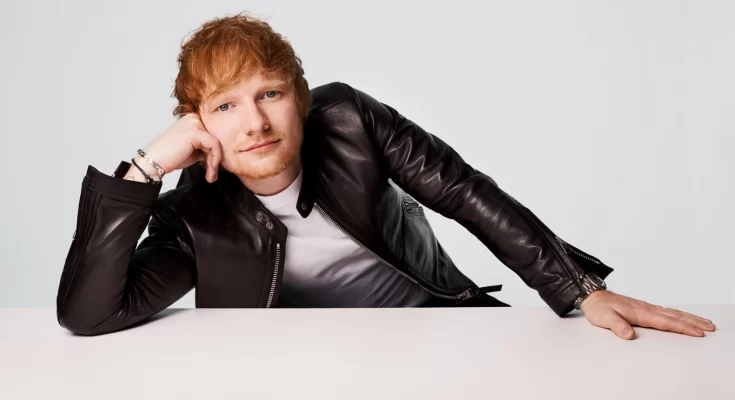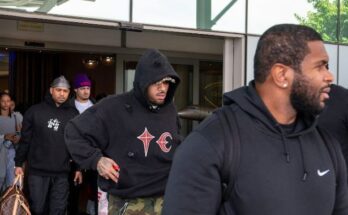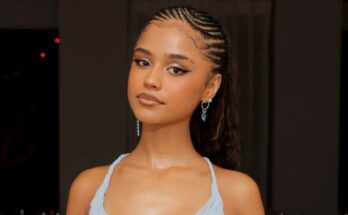Ed Sheeran music copyright trial over ‘Thinking Out Loud’
On Monday, a highly-anticipated music copyright trial is set to begin in Manhattan’s federal court.
A jury will decide a lawsuit accusing Ed Sheeran of plagiarising his Grammy-winning ballad “Thinking Out Loud” from Marvin Gaye’s soul classic “Let’s Get It On”.
The trial will start just two weeks before Sheeran plans to release his new album and start a North American stadium tour.
The case was originally filed in 2017 and has been delayed multiple times.
The music industry is closely watching the outcome of the trial, as it will determine how much of pop songwriters’ work can be protected by copyright and how vulnerable they are to legal challenges.
In 2015, Robin Thicke and Pharrell Williams were ordered to pay over $5 million in damages for using basic musical building blocks of another Gaye tune, “Got to Give It Up,” in their hit “Blurred Lines”.
However, in 2020, Led Zeppelin’s victory over a copyright challenge to their song “Stairway to Heaven” seemed to steer case law back to more familiar territory.
In this case, the lawsuit against Sheeran involves only the underlying musical composition of the two songs – their melodies, chords and lyrics – and not the specific recordings.
The plaintiffs are heirs of Ed Townsend, a songwriter and producer who collaborated with Gaye on his album “Let’s Get It On”.
Since the case was filed in 2017, there have been a series of delays, including a postponement due to the Covid-19 pandemic.
For much of the past year, lawyers for both sides have been sparring over what evidence can be presented at trial.
The case primarily comes down to the chord progressions of the two songs, which are nearly but not entirely identical.
Both songs are based on a sequence of four chords in an ascending pattern, but on “Thinking Out Loud” the second chord in the progression is slightly different from the one used in “Let’s Get It On.”
The plaintiffs argue that the way the chords were used in “Let’s Get It On,” including the song’s syncopated rhythmic pattern, is original enough in its “selection and arrangement” of those elements to be protected by copyright.
However, Sheeran’s lawyers argue that the chords are generic building blocks and are fair game for any musician to use.
The outcome of this case will determine what aspects of music can be owned by an individual songwriter, and what is free for any musician to use.
After the “Blurred Lines” verdict, there was an uptick in music copyright claims, and some songwriters reported second-guessing themselves in the studio to make sure their compositions were distinct.
The Led Zeppelin case changed that trajectory, with its ruling that only “virtually identical” versions of some elements of creative works infringed on copyright.





